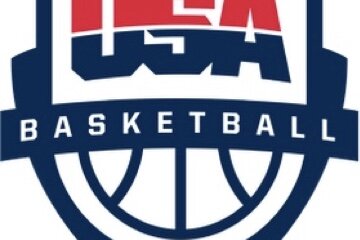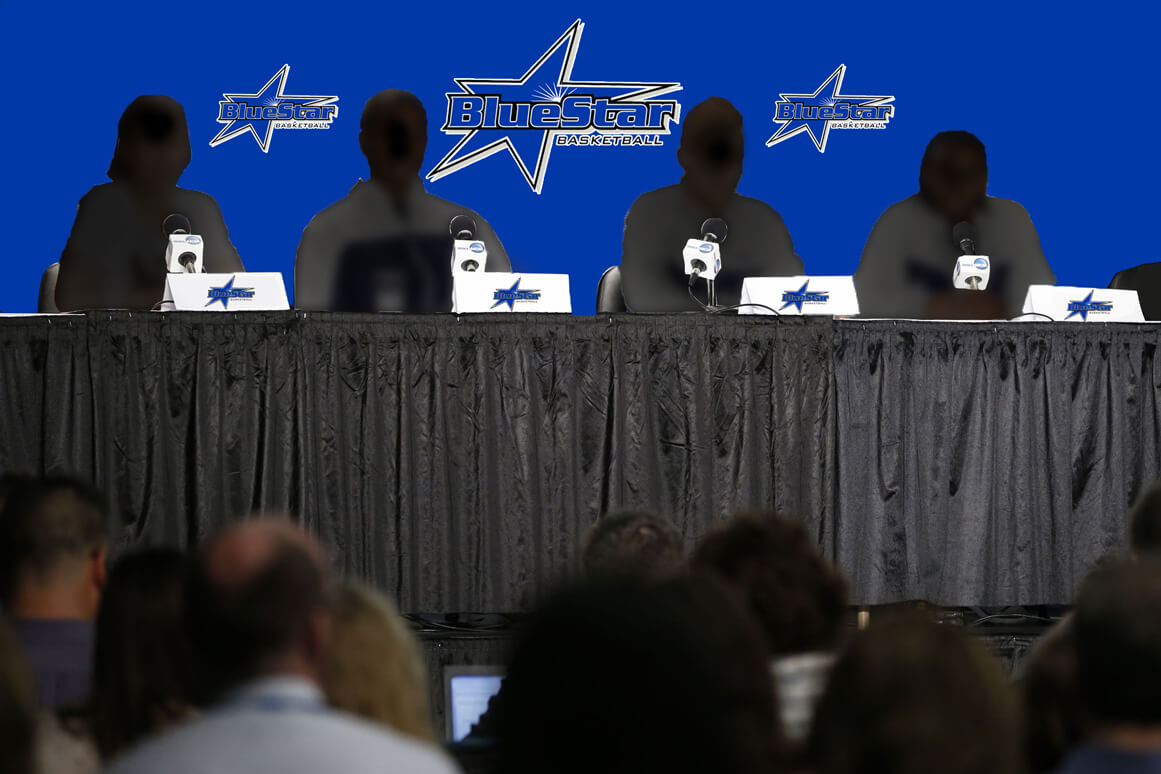In the football-driven world of college athletics, the biggest casualties are often seen in the context of money-making sports alone.
It’s understandable. No more Texas-Texas A & M in football. So long, Missouri-Kansas men’s basketball. The Maryland hoops ACC farewell tour vs. Duke, UNC, Wake, UVa, is reaching its conclusion.
But at the end of the BCS era, as the latest wave of football-induced realignment settles in, it’s sobering to think about the fate of two illustrious women’s basketball programs whose gradual declines are tied to what transpired during that period.
On Wednesday, Louisiana Tech and Old Dominion played one another for the first time in a conference game in more than 20 years. They’re new members of Conference USA, whose main attraction is its affiliation with the Football Bowl Subdivision.
Once upon a time, they dominated the women’s ranks, and they’re the only schools to win national championships (three apiece) in both the AIAW and NCAA periods.
Before there was the UConn-Tennessee rivalry, and before the football schools completely took over, there was Louisiana Tech-Old Dominion. They occasionally went head-to-head for those titles and in the Final Four, and they met during the regular season.
This week’s matchup in Norfolk could be seen as an afterthought amid the final, frenzied weeks of the regular season.
That’s because the Lady Techsters and Lady Monarchs are now mired in the leanest stretches of their proud histories.
By virtue of its 75-64 win, Old Dominion improved to 14-14 under third-year coach Karen Barefoot, but unless they win the CUSA tournament, the Lady Monarchs will will be missing the NCAAs for the sixth consecutive year.
 La. Tech is having its worst season ever, and dropped to 8-19 under Teresa Weatherspoon, the star point guard on the last of the school’s three national titles in 1988. Last year, the Lady Techsters had their first losing season ever.
La. Tech is having its worst season ever, and dropped to 8-19 under Teresa Weatherspoon, the star point guard on the last of the school’s three national titles in 1988. Last year, the Lady Techsters had their first losing season ever.
During the BCS years, as their administrations chased football money, schools locked outside the plush ranks of the “big six” leagues engaged in conference-hopping.
La. Tech was among the busiest. After a brief stint in the non-football and now-defunct American South Conference, it jumped to the Sun Belt in 1991, then bolted for the Western Athletic Conference in 2000. Leon Barmore hated the far-flung travel to Hawaii, Idaho and New Mexico. Kim Mulkey was given no more than a four-year contract to take the job, but she demanded a minimum of five and went to Baylor, and the rest is history.
The late Kurt Budke did well in his three years in Ruston but admitted after he moved to Oklahoma State that La. Tech, despite its rich tradition and hearty fan base, didn’t have the resources to keep up.
When WAC football powers dispersed last year, La. Tech was on the move again, and CUSA is a much better geographic fit. But in women’s basketball, nationally ranked Middle Tennessee State, also a new member, will be hard to dislodge.
Old Dominion revived football in 2009, the year after the Lady Monarchs’ last NCAA appearance, and like many new football schools in the South, got antsy to move up. Last July, it cut its long ties with the Colonial Athletic Association, which competes in the Football Championship Subdivision (formerly I-AA).
I write this thinking of the effects of the most recent conference realignment on UConn, currently ranked No. 1, undefeated and favored to win a record ninth national title. I’m not suggesting here that the Huskies might go the way of Louisiana Tech and Old Dominion.
But the declines of these programs illustrate the perils of what can happen when schools outside the BCS elite have to scramble not only for greater football revenues, but better positioning in the event of more moves to come.
The Huskies were left stranded when the old Big East was blown up last year. UConn’s bid (and Cincinnati’s) to join the ACC was dashed by Louisville, which enjoyed greater football cachet.
What’s more, the most recent shifting has also produced long-term television contracts that may stabilize the BCS scene for a good number of years.
Now in the American Athletic Conference, UConn (along with ex-Big East foes Cincinnati and South Florida) might not have the chance to move up anytime soon, only around and about, like La. Tech has done several times, and that ODU just did.
Next year Tulane and East Carolina, who are having 20-win seasons in CUSA, will be joining the AAC, along with Tulsa.
But the other holdovers don’t appear to have major upgrades on the horizon in a league in which most schools have historically played at a mid-major level.
Men’s basketball appears to be in good shape with UConn, Cincinnati, Memphis, Temple and a resurgent SMU under Larry Brown.
In women’s basketball, not so much. Given how Geno Auriemma’s Huskies routinely destroy other elite programs, and what they’ve done in the AAC thus far, it’s staggering to think about the pummelings to come.
Auriemma has been saying the right things, such as pointing out that UConn’s presence in the Big East stimulated that conference to get as good as it became, and that this can happen again.
The Huskies’ recent road trip to Texas turned out better crowds than usual at Houston and SMU, the latter a home record in excess of 4,000 at Moody Coliseum on Tuesday. So there’s a little something to build on.
While UConn will start a series next year with Notre Dame, what about the future of rivalries with Baylor and Stanford?
La. Tech and ODU used to be in games like that, in particular with Tennessee, but they quietly went away as they became lopsided in favor of the Lady Vols.
The football machinations that helped erode the dominance of the Lady Techsters and the Lady Monarchs have brought them back together again (along with former women’s hoops power Western Kentucky, which joins CUSA in July, also for football reasons).
It’s an ironic, if not intentionally cruel, little twist to a story that deserved to have a better ending.
Wendy Parker is a sportswriter and web editor who has covered women's basketball since the early 1990s. She is a correspondent for Basketball Times and formerly covered women's and college sports, soccer and the Olympics at The Atlanta Journal-Constitution. She is the author of "Beyond Title IX: The Cultural Laments of Women's Sports," available on Amazon, and the creator of Sports Biblio, a blog about sports books and history.

Latest Articles
-


Christopher Lawlor
/ 1 day agoTwenty-Six Athletes Expected to Participate in USA Basketball Women’s U18 National Team Trials that begin on May 15
COLORADO SPRINGS, Colo. — USA Basketball announced 26 athletes expected to participate in the...
-


Basketball
/ 4 days agoAAU 3on3 Highlights WBHoF 25th Anniversary Weekend
KNOXVILLE – The 25th anniversary weekend celebration of the Women’s Basketball Hall of Fame...
By Mike Flynn -


Christopher Lawlor
/ 1 week agoGONE PRO: Blue Star Media Elite 25 football rankings’ regulars Bishop Gorman (NV) and IMG Academy (FL) lead 2024 NFL Draft with three selections apiece
BENSALEM, Pa. – One of the greatest three day stretches annually in professional sports...
-


Basketball
/ 1 week agoREVISIONS: National Federation of State High School Associations announce rule changes for upcoming season; flopping will incur a technical foul
BENSALEM, Pa. – Floppers, beware, you will be warned once before being issued a...



